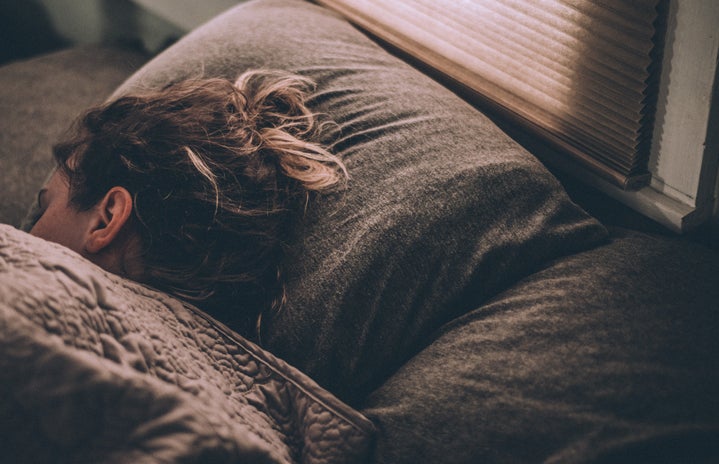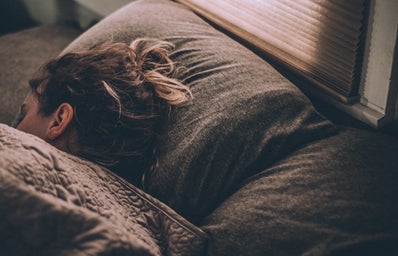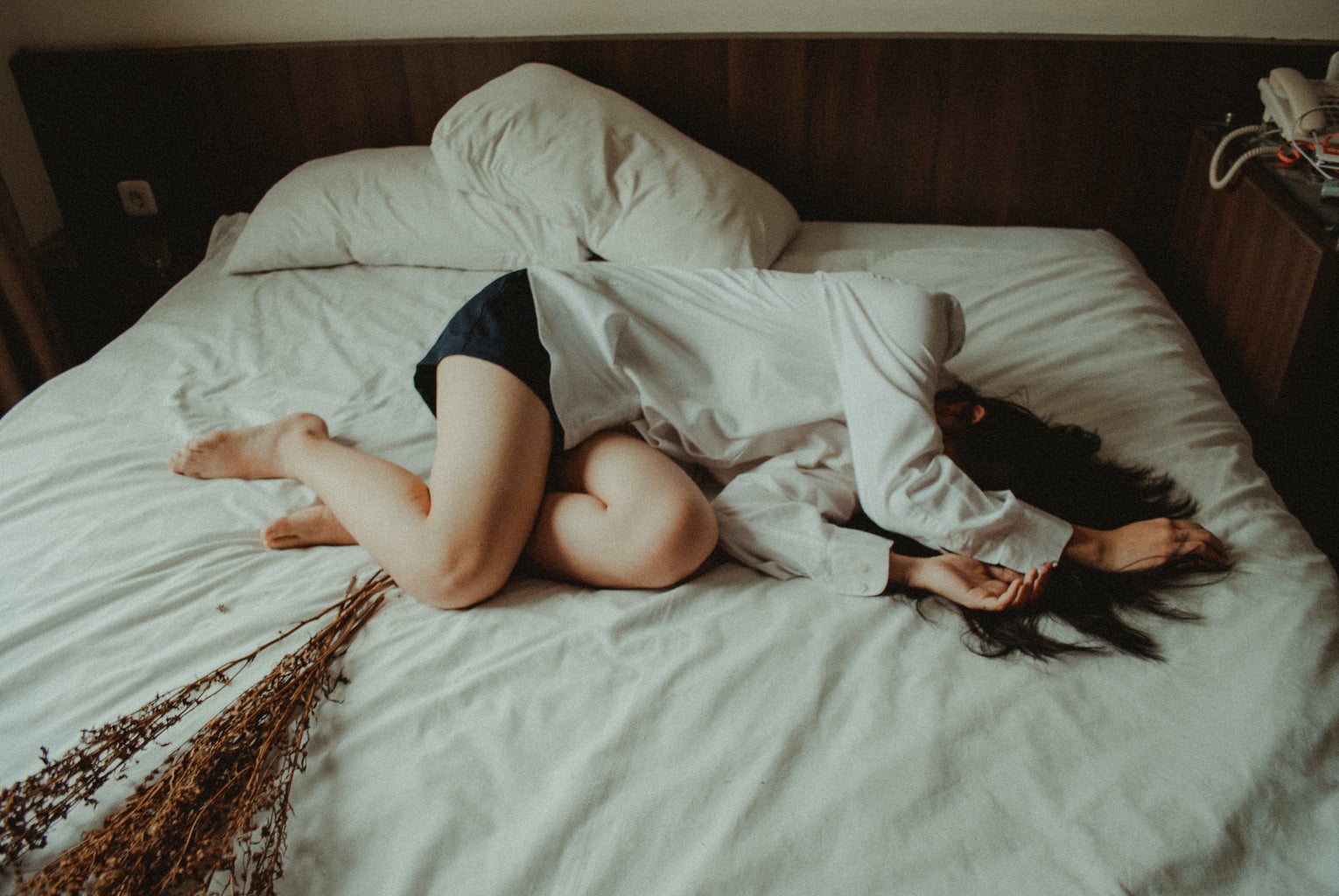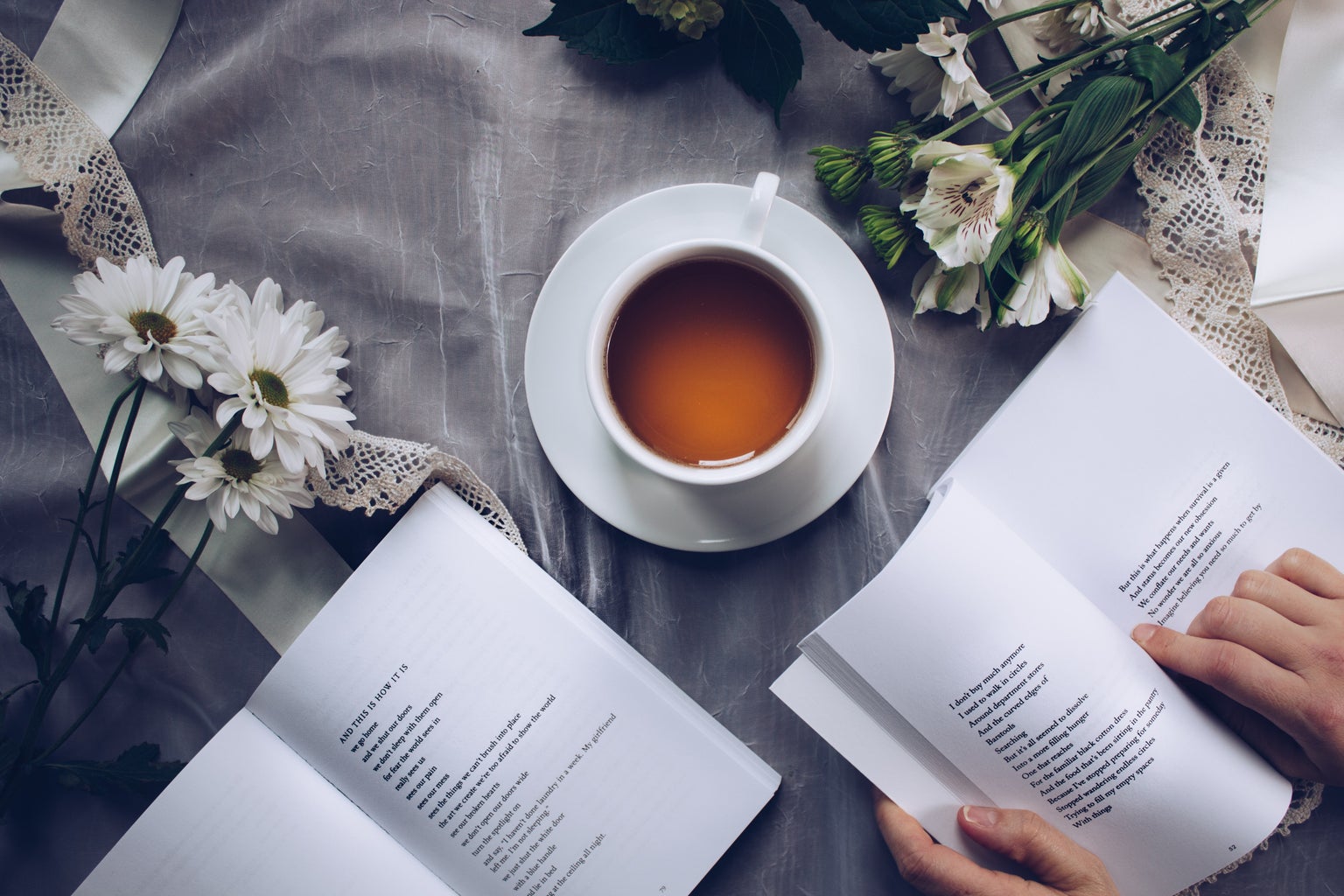DISCLAIMER: I am not a doctor, and what works for me, may not work for you, and vice versa!
Over the summer of last year, I was diagnosed with severe onset and maintenance insomnia. What this means is that I have a lot of trouble falling and staying asleep. I’ve been given plenty of advice on how to ‘cure’ my insomnia, ranging from melatonin to “just sleep”(as if I hadn’t thought about that before)! However, one strategy that really helped me was keeping track of my sleep.
I first got into sleep tracking because my sleep specialist advised me to log the number of hours I slept in order to see if I have improved. Ever since I started this process, I have not looked back! If you’re a type A person like me and you love spreadsheets, you’ll love this. Essentially, a sleep log consists of any information related to your sleep schedule. Here is an example of what I use to track my sleep.
Inputs include:
A. What time did you get into bed?
B. What time did you close your eyes intending to sleep?
C. What time did you get out of bed to start your day?
D. About how long did it take you to fall asleep? (to the nearest quarter of an hour)
E. If you woke up during the night and were able to fall back asleep, about how long were you awake (total of all middle-of-the-night awakenings)?
F. After your final awakening, how much time did you spend awake in bed before getting up to start your day?
Using these inputs, you can make several analyses regarding your sleep. For example, the time allotted for sleep (C – B) will show you how many hours in bed you are actually dedicating to rest rather than scrolling through TikTok as I do. You can also calculate your total wake time after falling asleep (E + F), your total hours awake in bed (D + E + F), And finally, how many hours you slept that night (C – B – D – E – F).
Using the sleep log, you can also calculate your sleep efficiency. This is the ratio of your total sleep time to your total time allotted for sleep. Generally, a sleep efficiency above 80% is considered healthy – which is what I use to benchmark my own sleep efficiency.
Keeping track of my sleep has also allowed me to also keep track of my behaviours. One thing I like to do is take notes of the things I did before bed or during the day on days when I may have had a particularly good or bad night’s rest. This has allowed me to see what factors come into play regarding my sleep. For example, I’ve noticed that after an exam, my sleep efficiency goes down, but when I have assignments due, it goes up – I lose sleep after exams but I sleep better with the impending stress of assignments (????). Although some of these results are slightly odd, it is always important to see what habits I partake in that are unhealthy, or helpful for my sleep – as well as what I can implement in my daily life that helps me sleep better.
I’ve been consistently keeping track of my sleep since August, and I am happy to say that it’s improved! Although my sleep schedule is definitely not perfect, and I am no stranger to pulling an all-nighter for school or simply my own enjoyment, I can say that I have definitely improved in the last few months, and holding myself accountable with my sleep log has helped me make changes to my habits for my own benefit.
I know that insomnia is something that other university students know all too well, and it is so integral that we all improve our sleep habits to maintain healthy lifestyles. Hopefully, keeping track of your sleep times using a log will help you the same way it has helped me!




